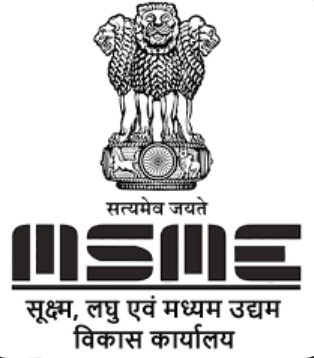Organisations are continuously looking for novel solutions to organise their processes, boost productivity, and cut costs in the quickly changing business landscape of today. With the help of intelligent automation, Robotic Process Automation (RPA) has evolved as a game-changing technology that is reshaping company operations.
Robotic process automation: what exactly is it?
The software technology known as Robotic Process Automation (RPA) makes it simple for anyone to automate digital processes.
RPA allows users of the software to build “bots” that can mimic human behavior, learn from it, and then carry out repeated activities and workflows based on predefined rules. By monitoring human digital behavior, users of RPA automation can build bots. Give instructions to your bots, then let them carry out the task. Robotic process automation (RPA) software bots can communicate with any application or system in the same way that people do, with the exception that RPA bots can work continuously, nonstop, far more quickly, and with 100% accuracy and reliability.
Advantages of RPA
- Increased Accuracy and Efficiency: The capacity of RPA to do jobs with a high degree of accuracy and consistency is one of its main benefits. Software robots don’t get tired, distracted, or make mistakes when manually entering data like humans do. This maintains data integrity, lowers the possibility of human error, and increases the overall accuracy of the process. RPA enables businesses to increase data quality and get rid of expensive errors.
- Reduced Manual Effort and Cost Savings: RPA frees up human resources to concentrate on higher-value activities by doing repetitive and mundane operations without the need for manual intervention. Organisations can drastically cut manual labour, reduce employee workload, and boost job satisfaction by automating regular operations. By maximising resource allocation, lowering the need for extra staff, and improving operational efficiency, RPA also provides cost savings.
- Improved Speed and Scalability: RPA enables organizations to accelerate their processes and achieve faster turnaround times. Software robots can complete tasks and workflows at a much higher speed compared to manual efforts, leading to increased productivity and quicker response times. Furthermore, RPA offers scalability, allowing businesses to scale up or down their automation capabilities based on demand, without the need for significant infrastructure or resource changes.
- Enhanced Compliance and Auditability: Organisations can improve their processes’ auditability and compliance via RPA. By using software robots, jobs are completed consistently and in accordance with established norms and guidelines. RPA offers a thorough audit trail, enabling accountability and traceability in procedures connected to compliance. This assists organisations in complying with legal requirements and reducing the dangers of non-compliance.
In conclusion, robotic process automation (RPA) is a ground-breaking technology that transforms business operations by automating monotonous jobs and workflows. RPA is a useful tool for businesses trying to streamline operations, boost productivity, and cut costs because of its benefits, which include better accuracy, decreased manual labour, faster speed, and enhanced compliance. Businesses can achieve new levels of efficiency by implementing RPA and concentrating on higher-value tasks, which will foster innovation and growth in the current digital era.








Leave A Comment